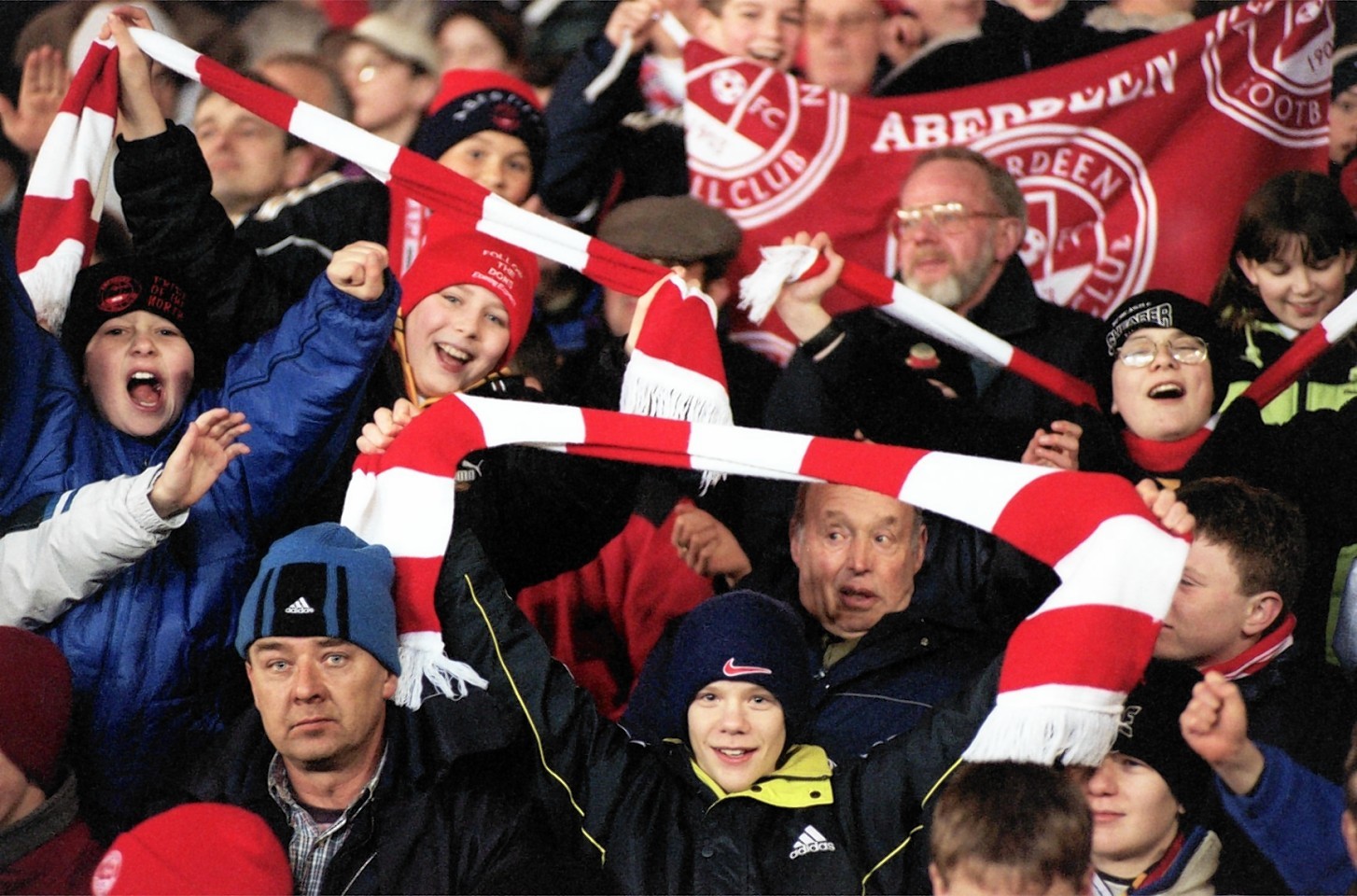It has been known to bring grown men to tears, and now football is to be the focus of a major study which aims to find out just how passionate fans feel about their team.
As World Cup fever continues, psychologists from Aberdeen University will speak to supporters in pubs across Europe – including the granite city.
The researchers will look for clues in the language used by fans when discussing their side’s performance to find out whether they distance themselves when the team lose or become more fanatical when they win.
Dr Mirjam Brady-Van Den Bos, a teaching fellow at the university’s school of psychology, said: “Our focus is the part of a person’s identity that is formed by being a member of a group – in this instance as a supporter of a specific football team.
“How we attach ourselves as a member of a group, and react if something negative happens to that group is what we are interested in discovering. Do we feel bad about ourselves too, or do we try to distance ourselves from the group?
“We predict that people are motivated to associate themselves with a win but distance themselves from a loss. So whereas they would say ‘we won’ following a triumph, they would in contrast say ‘they lost’ when remarking on their team’s defeat.
“We expect this effect to be seen mainly in people who identify only weakly with their team.”
Researchers also predict that fans will attribute their team’s success to “skill” but a loss to “bad luck”.
It is hoped the findings will reveal if psychological theory established in the seventies – which assumes people have a positive view about themselves that they wish to protect – still holds true.
Aberdeen FC fans have had much to cheer about this year, following the club’s Scottish League Cup victory over Inverness Caledonian Thistle in March.
Chris Crighton, editor of the Dons fanzine Red Final, said it was only natural to see a renewed vigour among the Pittodrie side’s supporters.
“People will side with the team when they are doing well – it’s human nature,” he said.
“I suspect support wanes when the games are mediocre and it gets boring. But when Aberdeen are doing really badly – like in 1995 when they were in the relegation play-offs – the supporters really rally round.”
Gordon Duncan of Dons Supporters Together said: “A supporter backs a team through good and bad.
“You do get the odd family who only go to the final but a diehard fan will always be there.”










